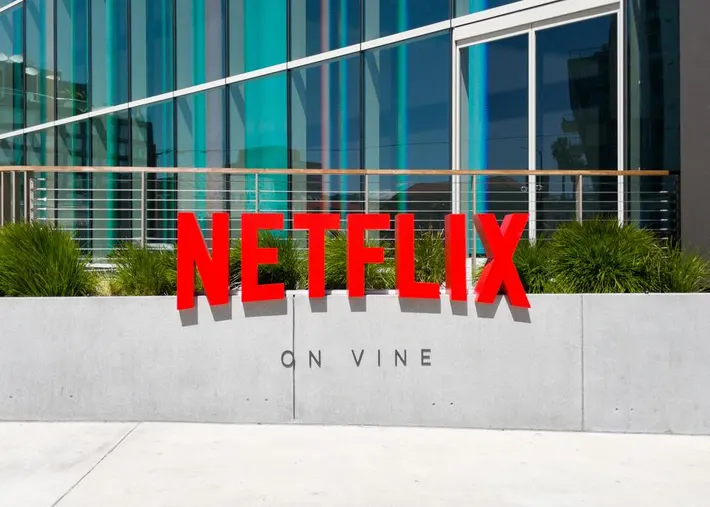Public outcry forces Disney to have change of heart on wrongful death lawsuit; case will now go to court rather than arbitration.
J effrey Piccolo sued the company for wrongful death after his wife, an NYU doctor, died from undisclosed allergen in food eaten at restaurant at Disney Springs. Piccolo said damages total $50,000: medical treatment, funeral costs, emotional distress.
Disney first claimed that Piccolo was prohibited from bringing a lawsuit because of an arbitration clause that he implicitly agreed on when he enrolled with Disney+ and with the sales of theme park tickets, which stated that arbitration supplants litigation as a method for the resolution of disputes between parties. The legitimacy and fairness of such a defense continued to be addressed by experts and the public.
Mounting pressure forced Disney to allow the case to proceed in court, focusing on its commitment to humanity. "We will treat this situation sensitively, and we're working toward a resolution for Piccolo's family," said Josh D'Amaro, chairman of Disney Experiences.
This marks a shift away from Disney's earlier behavior of using the arbitration argument appealed to by critics as straining contract law too far. The use of an arbitration provision in consumer contracts has been criticized for immunizing firms from liability in grave cases of injury or death. Critics note how strange it is to suppose that ordinary consumers can read into small print over-rehearsed legalizations, given that 91% of those agree to terms without having read them, according to one survey by Deloitte.
As the case moves forward to trial, Brian Denney, lawyer for Piccolo, will not be relenting on his bid for justice in relation to his client. Outcome The outcome is likely to affect how corporations draft arbitration clauses in response to the gravest of allegations and significant damage. Ultimately, the decision of Disney to drop their arbitration defense constitutes a much more candid discussion about the issue of the fairness and enforceability of arbitration clauses in consumer contracts. Such action could give the Piccolo case a fair chance to see its day in court.










.jpeg)
